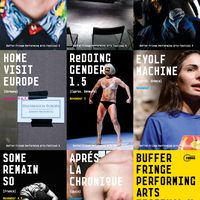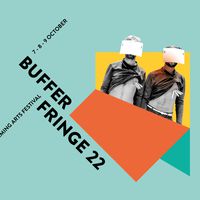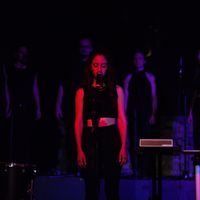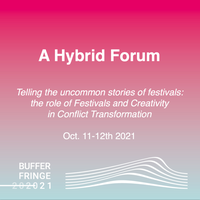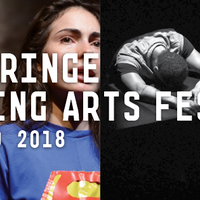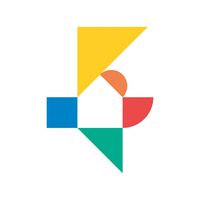Buffer Fringe Performing Arts Festival 2022 | Interview with Ellada Evangelou
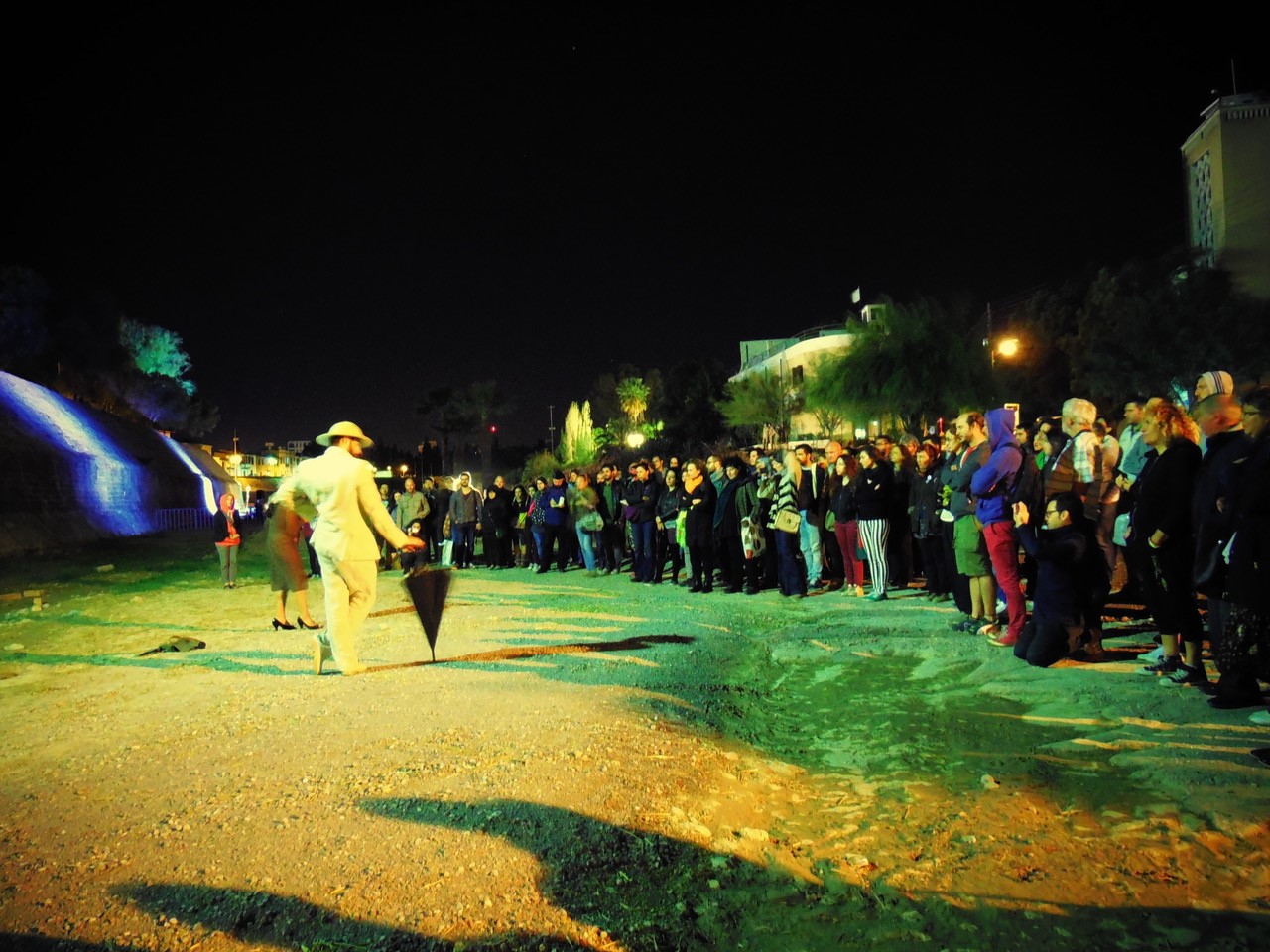
The Buffer Fringe Performing Arts Festival 2022 will be taking place from the 7th to 9th of October, 2022 in the buffer zone of Nicosia, Cyprus. Organised by Home for Cooperation, the 3-day event features international, interdisciplinary, experimental fringe performances under the theme of Pockets (beyond).
In this special interview, Ellada Evangelou, Organising & Creative Team member of the Buffer Fringe Performing Arts Festival, shares on what to expect for this year's Buffer Fringe, the challenges and learnings on festival-making in a post-pandemic era.

- What kind of cross-cultural conversations and artistic interpretations can audiences anticipate from this year’s theme, Pockets (beyond)?
For the Buffer Fringe, 2022 is a year where we really pushed the envelope with our collaborations, especially when it came to letting other voices 'speak' through the festival. So we invited three curators, two individuals and one group, to each curate one day of the Festival with us. We are (as a matter principle) presenting the Buffer Fringe artists on both sides of the dividing line in Nicosia, and we have invited Raffi Feghali (Lebanese) to curate Oct. 7th, Kat Kats (Cypriot Australian) / Bryce Ives (Australian) / Maria Varnakidou (Greek-speaking Cypriot) to curate Day 2, and Derya Ulubatli (Turkish-speaking Cypriot) to curate Day 3.
Each curator is exploring Pockets (beyond) from their own vantage point, and taking inspiration from their space as well as the artists they have chosen. The artists of the festival are again from all across the globe, and from the communities in Cyprus. We are proud to have made it through the pandemic, materializing both the 2020 and 2021 Festivals as hybrid, and we felt strongly that people, artists and curators had a lot to say, there were many pockets to peer into and draw from. We are happy that we are, in spite all the financial difficulties, able to bring the festival to its 9th edition.
- What are some of the considerations and challenges when it comes to organising a post-pandemic festival?
For us being on an island, and creating in marginal-ising conditions (as a post-conflict area), the pandemic felt like 'the great equalizer". During the reign of COVID, in conversations with colleagues from all over the world, there was a deep frustration due to the inability to mobilize artists, to travel to see new works, to network and simply gather. At the end of the day though, this was a version of what most artists and institutions in the global south go through on a constant basis. This is usually due to lack of funds, local and regional support, or in worse cases the refusal of visas for artists and curators to travel.
However, after the pandemic what we see is that solidarity (and solidarity funding) for the artists seems to be waning, especially since it's no longer driven by the global north. It's an interesting phenomenon, we have spoken time and time again, that going back to pre-pandemic conditions is not the solution, that we need a new normal. Yet the moment the fog lifted and we could see the horizon again, we returned to comfortable solutions. Of course there are exceptional examples of institutions and artists that have really reconsidered their modus operandi, but the war in Ukraine and economic crisis are also deterrents to truly evaluating our post-pandemic world, based on solidarity.
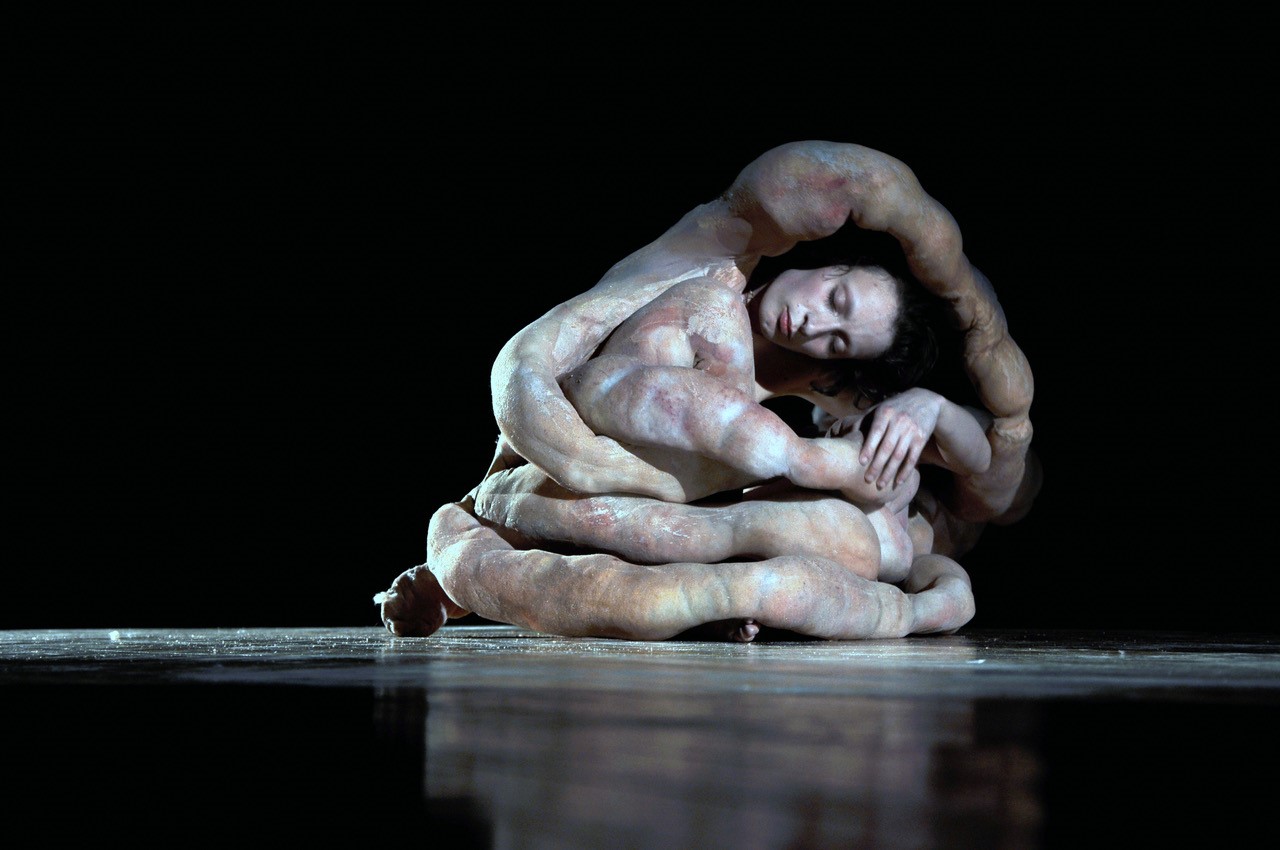
- With the festival taking place in three separate venues, how has each space added value to the festival’s peacebuilding goal?
Through my years as an audience member, then as artistic director and now as part of the organizing team, what I rejoice in every year is seeing people walk across the dividing line to present or to experience art. As if this is a natural occurrence, as if it happens every day, as if they have been encouraged to do so, as if it does not require incredible amounts of courage to do so. The three venues, the one in the north of the dividing line, the one in the south of the dividing line, and the buffer zone itself, are a means to eradicate borders and armies, and to allow people living in Cyprus or visiting, to experience the island in another way. To change, even in the three days of the festival, their mental geography, to make one unified space of artistic encounter.
- This year’s Buffer Fringe involved working on new models of sustainability and collective practices by the festival’s team. What are some of these practices and should it be a standard procedure implemented for future festival-making and cultural exchanges?
I have mentioned our curation model in Q1, but we are also enforcing our ties with partners such as IMPACT and The Festival Academy. Our global partner for Arts, Culture and Conflict Transformation, IMPACT, is funding for a third year, the Thinking Partners program, a mechanism which allows Buffer Fringe artists and creatives to 'think with' external entities, individuals or organizations.
For 2022, we are 'thinking with' ICAF, an amazing community based festival in Rotterdam, which is resulting in conversations around the deeper implications of involving audiences in multi-layered festivals such as our own, without losing the personal relationship with the communities, and without losing sight of our peacebuilding mission. Moreover, we are happy to be co-hosting, on October 7-13th, the Atelier for Young Festival Makers, focusing on festivals from conflict and post-conflict regions. This again, allows us to deepen our understanding and our considerations about our own work, while at the same time, taking Cyprus our of its isolation.

Ellada Evangelou
Organising & Creative Team member
Buffer Fringe Performing Arts Festival Artistic Director for 2019, 2020 and 2021
Find out more about Buffer Fringe here: www.bufferfringe.org
Similar content
12 Nov 2018
from - to
07 Oct 2022 - 09 Oct 2022
By culture360
24 Nov 2021
from - to
08 Oct 2021 - 10 Oct 2021
from - to
01 Nov 2018 - 04 Nov 2018
posted on
23 Jun 2021

